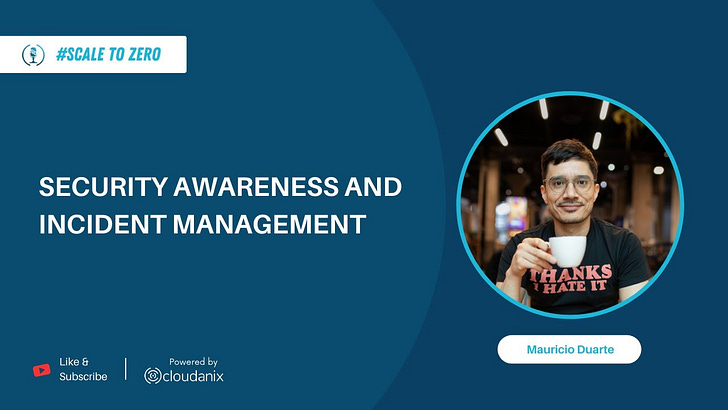Is Security Awareness Training Worth the Hype?
a blog post based on the importance of security awareness training
In today's digital landscape, cybersecurity threats are constantly evolving. While robust technical defenses are crucial, a strong human element is equally important. This is where security awareness training comes into play.
The Debate
A recent Reddit thread on r/cybersecurity sparked a lively discussion on the effectiveness of security awareness training. While many acknowledged its importance, concerns were raised about its practicality.
Is it effective? Some argue that generic, repetitive training has minimal impact on employee behavior and can be a waste of time.
Do employees really care? Concerns were raised about employee engagement, with some experts suggesting that employees easily forget the information or lack the motivation to apply it.
Why Security Awareness Training Matters?
Despite these concerns, the consensus was that security awareness training plays a vital role in an organization's overall security posture.
Phishing Defense: Phishing attacks remain a major threat. Training employees to identify and report suspicious emails, websites, and messages can significantly reduce the risk of successful attacks.
Human Firewall: A security-aware workforce acts as a "human firewall," proactively identifying and reporting suspicious activity within the organization.
Compliance: Many industries have regulations requiring organizations to provide security awareness training to their employees.
As I always share my favorite ScaleToZero podcast powered by Cloudanix, a recent discussion around security awareness training was done by Mauricio Duarte. I recommend taking a look.
Making Training Effective
To maximize the impact of security awareness training:
Tailor it: Training should be relevant to the specific threats and roles within the organization. Generic training is less likely to resonate with employees.
Keep it engaging: Interactive exercises, simulations, and real-world examples can make training more memorable and impactful.
Regular Reinforcement: Security awareness should be an ongoing process. Regular refreshers and reminders can help reinforce key concepts.
Focus on Behavior Change: The goal is not just to impart knowledge but to change employee behavior and encourage security-conscious decisions in their daily work.
Beyond Training
While training is important, it's crucial to remember that it's just one piece of the puzzle. Organizations need to foster a strong security culture where security is top of mind for everyone. This includes:
Leading by example: Senior management must demonstrate a commitment to security.
Open communication: Encourage employees to report security concerns without fear of reprisal.
Regular security assessments: Conduct regular vulnerability assessments and penetration tests to identify and address weaknesses.
Conclusion
Security awareness training, when done right, is an invaluable asset in an organization's cybersecurity arsenal. By focusing on engaging content, tailored delivery, and continuous reinforcement, organizations can empower their employees to be active participants in protecting the organization from cyber threats.



